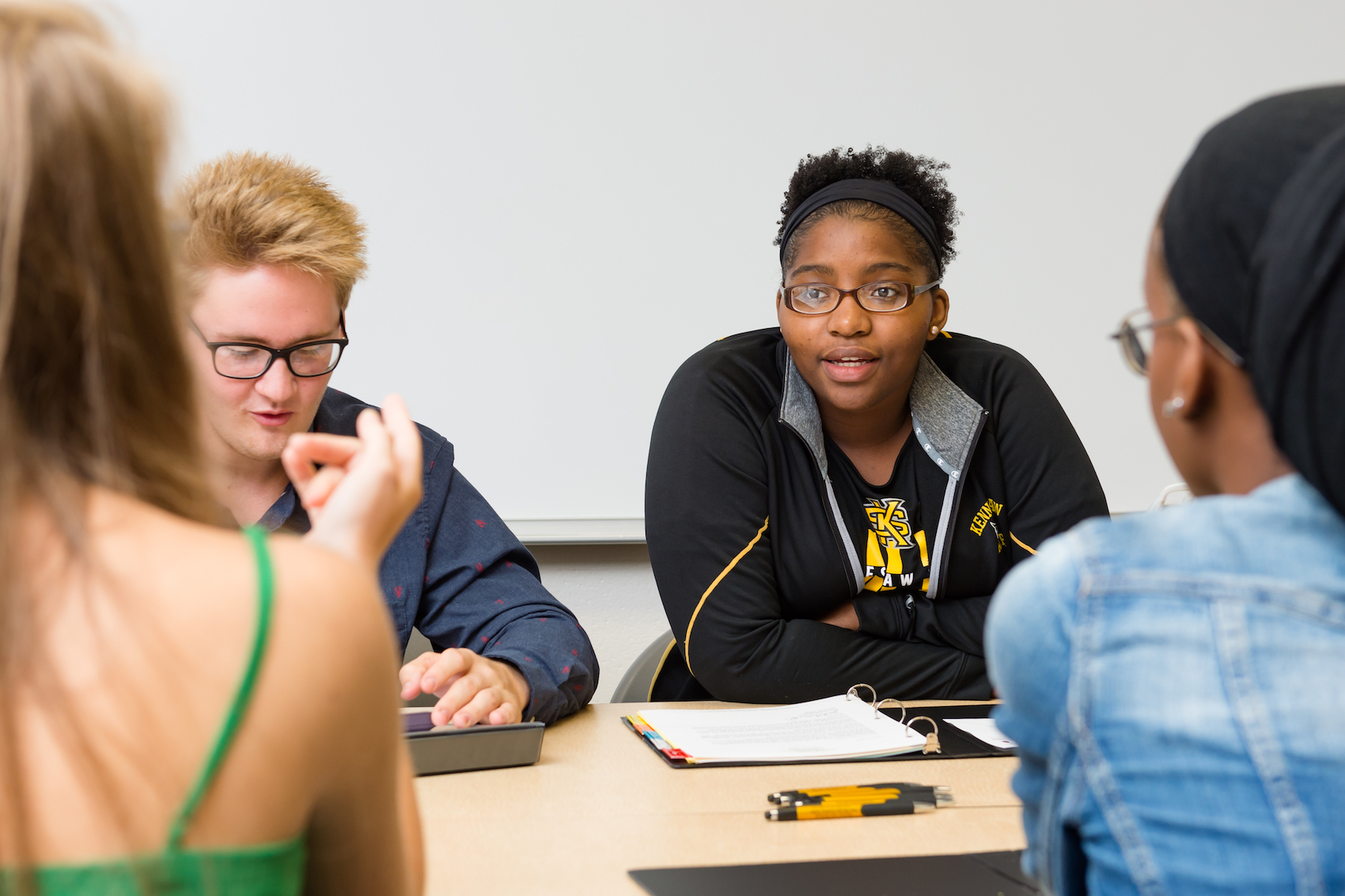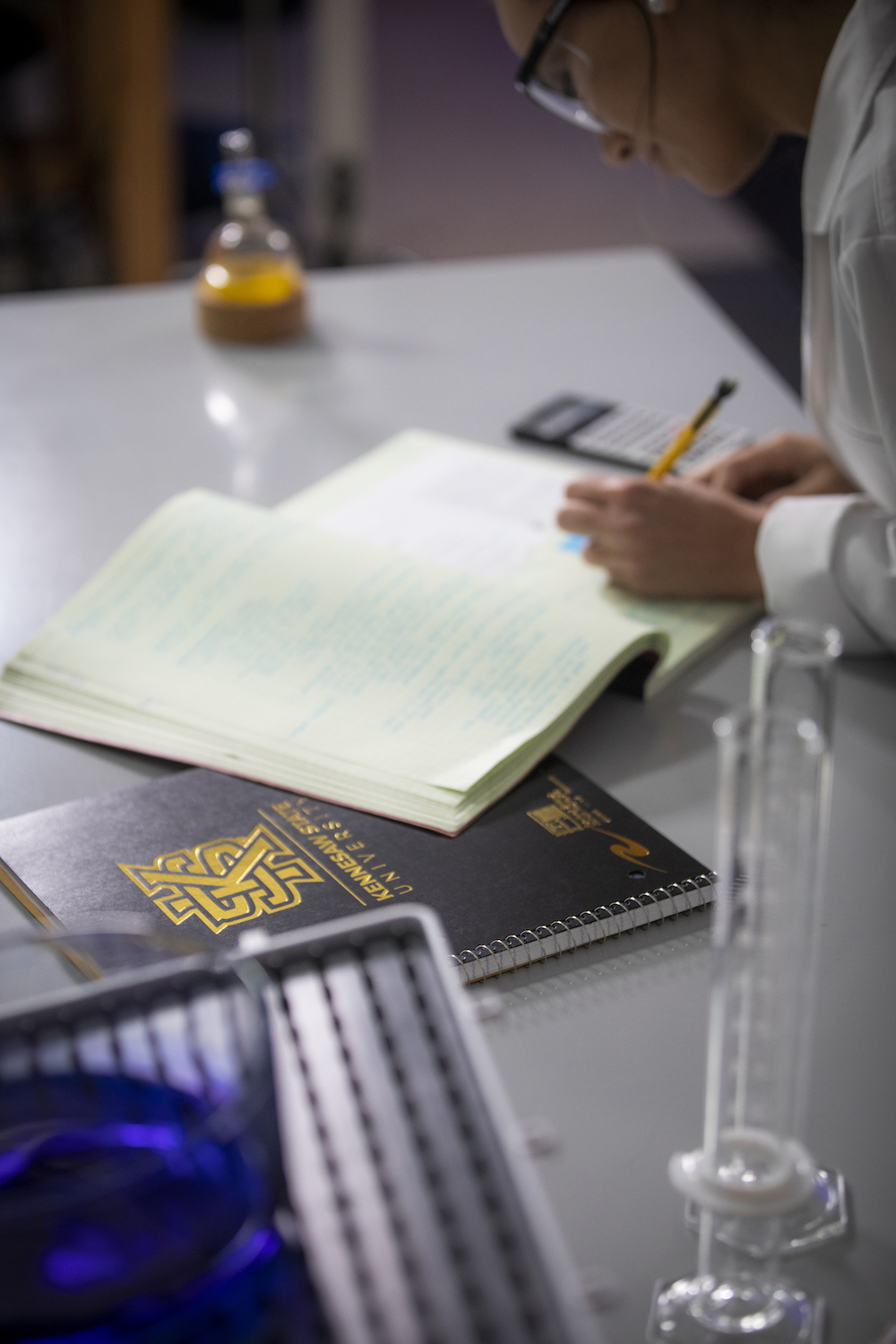 The Vertically Integrated Projects (VIP) program is designed to facilitate long-term
research involving large teams of faculty/staff members and students. The students
gain valuable research skills and academic credit through their participation, and
faculty are able to scale up their research through the framework provided by VIP.
The Vertically Integrated Projects (VIP) program is designed to facilitate long-term
research involving large teams of faculty/staff members and students. The students
gain valuable research skills and academic credit through their participation, and
faculty are able to scale up their research through the framework provided by VIP.
VIP is an established program with sites at universities all around the world.
Key characteristics of VIP teams include the following:
- They are large, often involving multiple faculty and staff members, 10-20 undergraduates, multiple
graduate students, postdoctoral fellows, community or organizational partners, etc.
Beginning projects may start smaller than this and scale up over time.
- They are interdisciplinary, involving multiple perspectives to solve big problems. The interdisciplinary perspective
often comes from the recruitment of students from diverse majors. The interdisciplinarity
may also come from having faculty investigators from diverse disciplines.
- They are based in faculty research interests, which allows teams to thrive for several years and helps advance the scholarly agendas
of KSU's faculty members. Faculty bring their expertise and enthusiasm to their VIP
teams.

- They are aimed at big issues in the discipline(s). Consider just a few examples from VIP programs at other institutions:
- A team at Georgia Institute of Technology conducts research on the safety of autonomous and semi-autonomous vehicles. They recruit students from nine different majors, including computer science, mechanical
engineering, electrical engineering, psychology, and more.
- A team at Boise State University conducts research on how to support students with disabilities. They recruit any students who are interested in the topic, with special emphasis
on education, social work, sociology, psychology, and others.
- A team at Purdue University is focused on "making our planet's history easily accessible to both public and scientific audiences." They recruit students who are "enthusias(tic) to tackle innovative creative projects."
- A team at Georgia Institute of Technology conducts research on the safety of autonomous and semi-autonomous vehicles. They recruit students from nine different majors, including computer science, mechanical
engineering, electrical engineering, psychology, and more.
We are excited to be a part of this initiative, and we invite you explore more at this website. If you have any questions or suggestions, please contact the Office of Undergraduate Research at our@kennesaw.edu.












